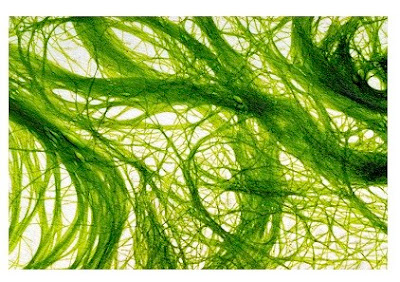Largest H2 utility fleet & first clean multi-fuel station unveiled in France
The ENGIE filling station, located in the heart of the International Market of Rungis, will power a fleet of 50 hydrogen-powered Renault Kangoo Z.E. utility vehicles, recently made available for long-term rental through Alphabet, provider of mobility solutions for companies. It is the largest hydrogen utility fleet and the first alternative multi-fuel station in France. The whole project has been given financial support from the European Fuel Cells and Hydrogen Joint Undertaking (FCH JU). The Renault Kangoo vans will be used by ENGIE Cofely technicians to ensure multi-technical operations and maintenance work for commercial buildings in the Ile-de-France. Equipped with extended hydrogen autonomy systems by Symbio, these vehicles neither produce particles nor gas emissions, and are further enhanced with a reduced recharge time and greater autonomy. This station has a provisional refueling capacity of 20 kg/day in hydrogen but should increase rapidly to 80 kg/day. This sca


